Curated for High School Students
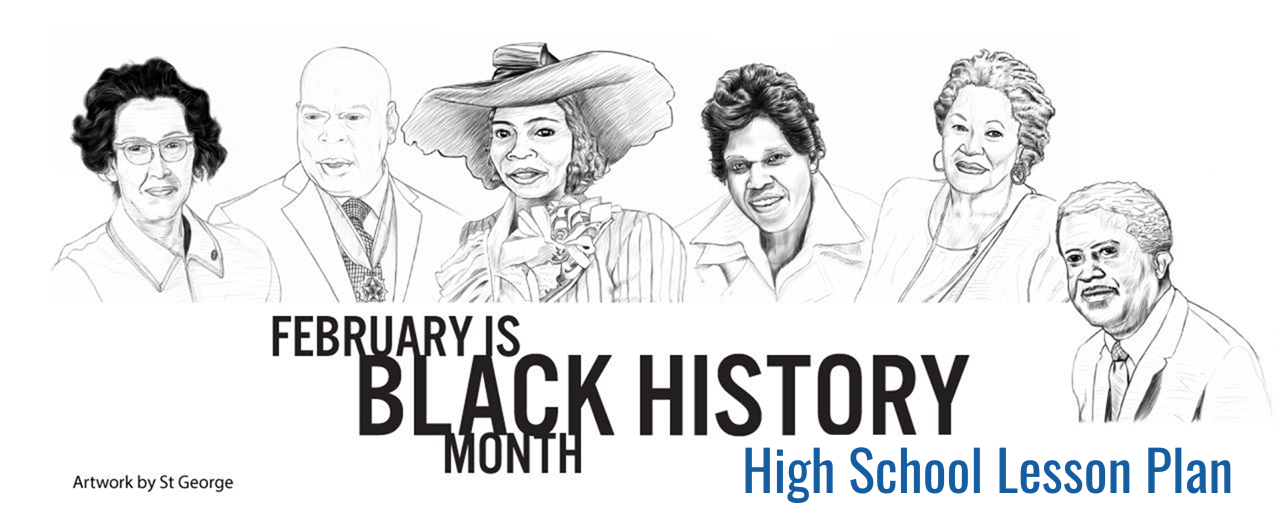
Students Watch the following Black History Month Films Reflecting on the Fight for Civil Rights.
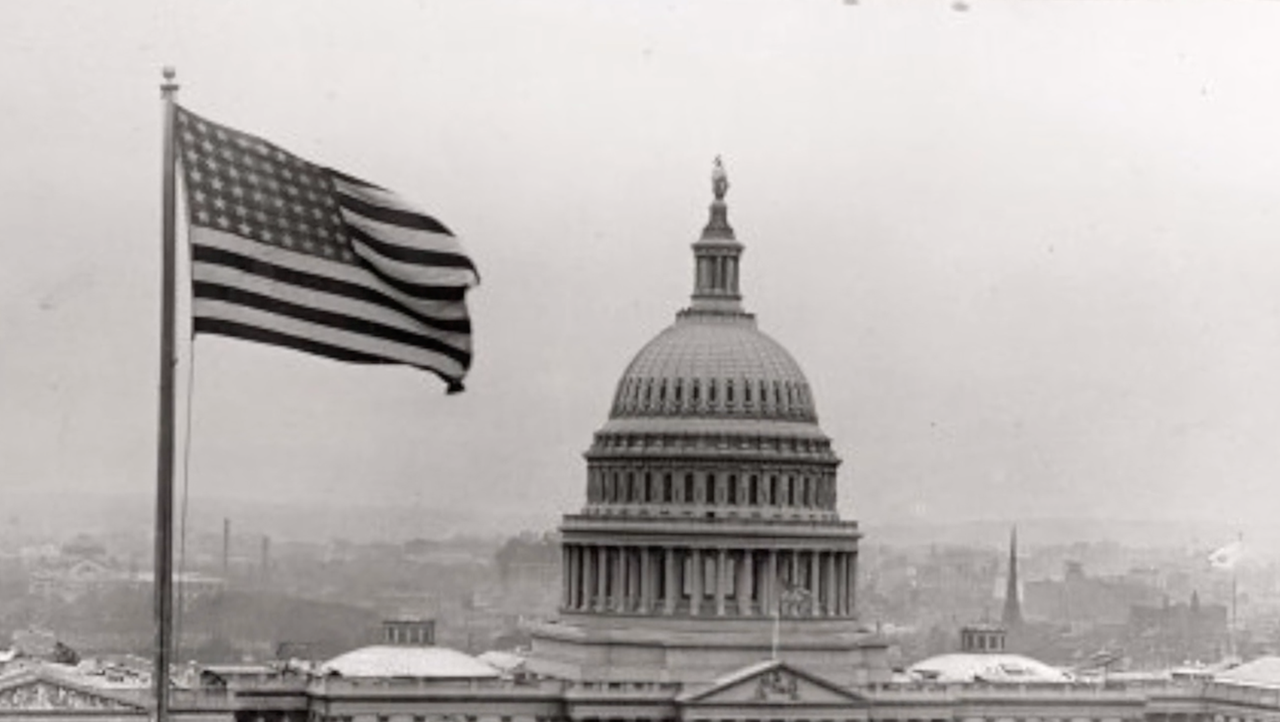
Nonviolent civil disobedience based on Christian beliefs started long before the 1963 peaceful protest, March for Freedom on Washington D.C. PASSWORD: 2march4freedom1963
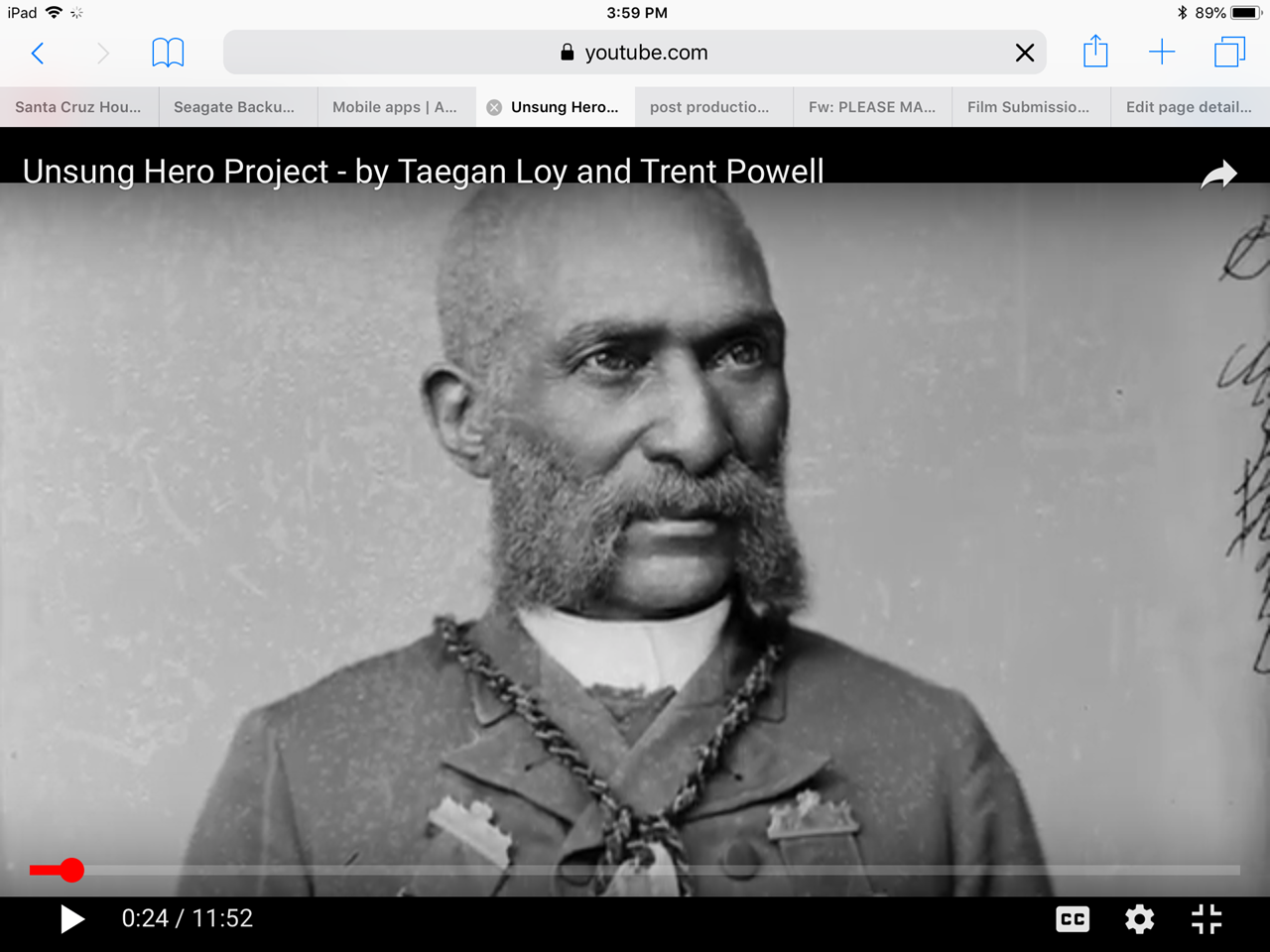
This documentary tells the story of William D. Matthews, , abolitionist, and Civil War veteran, who assisted African-Americans escaping from slavery using the Underground Railroad, and led troops to victory, as the first African-American officer, in the Civil War.
Black History Film Discussion Questions
1. What were the contributions of A. Phillip Randolph, Bayard Rustin and A.J. Muste to the Civil Rights Movement?
2. What effect did the March for Freedom in 1963 have on the rights of individuals? What still needs to be done to ensure equal rights for all?
3. William D. Mathews is an example of an unsung hero who fought for freedom. Who are other unsung heroes who have fought or are fighting for equal rights and freedom from discrimination? Consider sharing their story with MY HERO.
4. The students from Seaman High School produced the film honoring William D. Mathews. Students are encouraged to use this as an example of how to honor their hero through audio and images in film.
Black History Month | Featured Hero: John Lewis
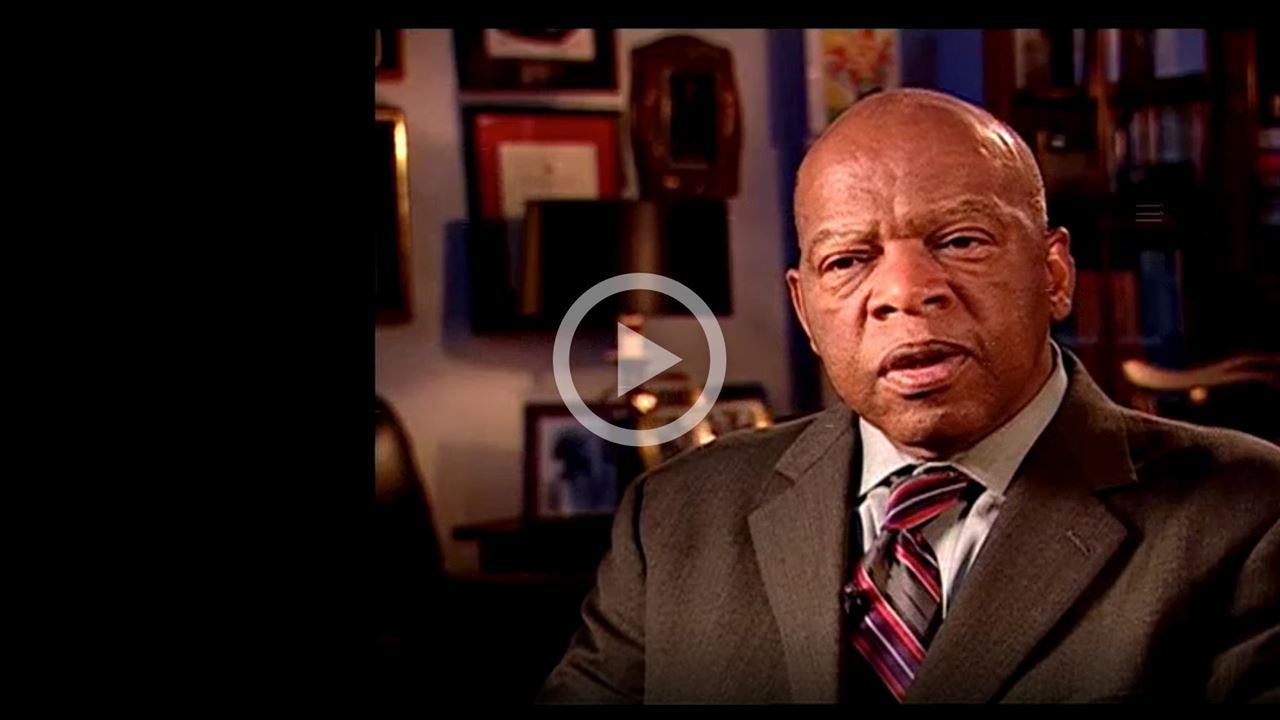
A film about John Lewis on citizenship and character: "To be a good citizen is to obey the rules...the laws. Unless those laws conflict with your conscience.
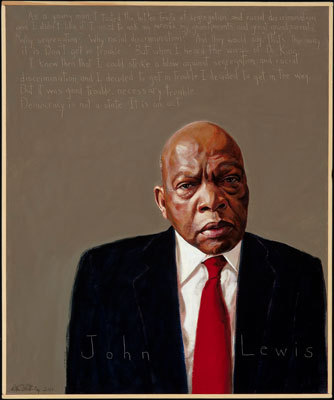
John Lewis was involved in the Civil Rights Movement as a young man and then later became a member the House of Representatives from the state of Georgia.
1. In the film Citizenship, Congressman John Lewis states when the laws conflict with our conscience, we have an obligation to disobey the laws. Do you agree or disagree with Lewis?
2. Were the civil rights activists of the 1960s successful in changing the laws by breaking the laws?
3. What character traits do you think a good citizen possesses?
4. As a student, what tools do you have in your power to affect laws in your country?
The following films, which were recognized at the MY HERO International Film Festival, are by young emerging African American student filmmakers.
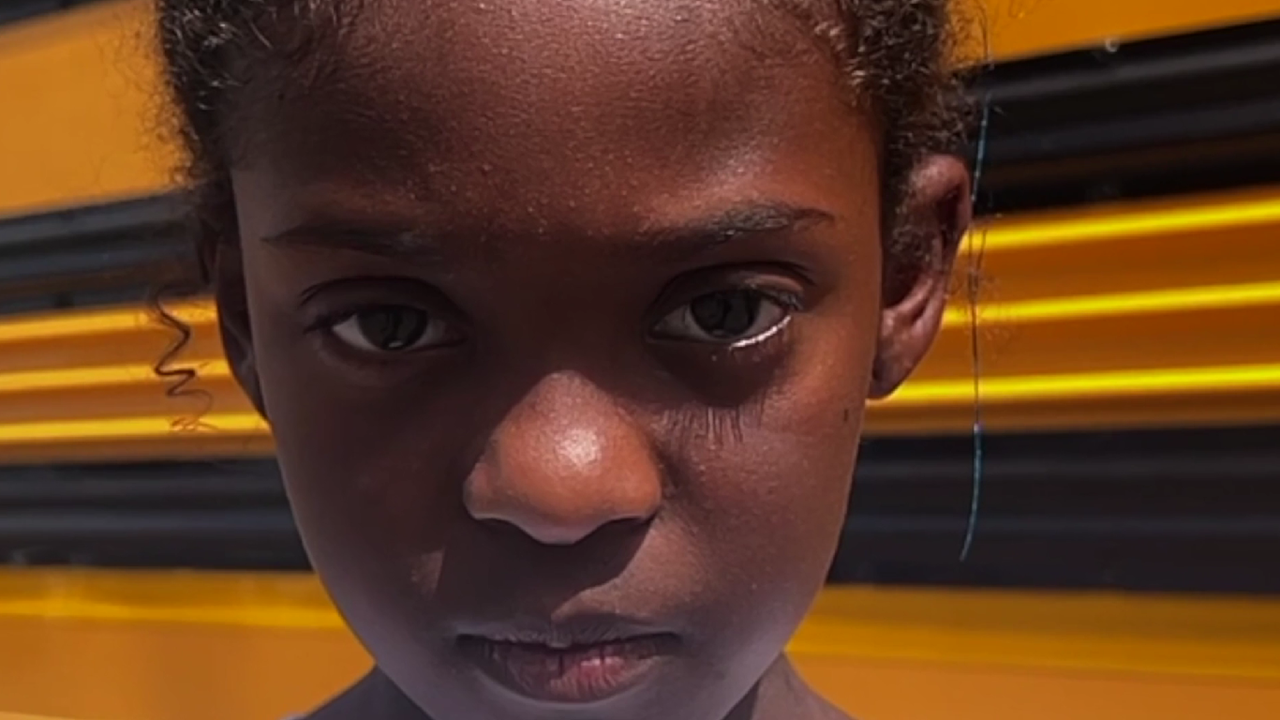
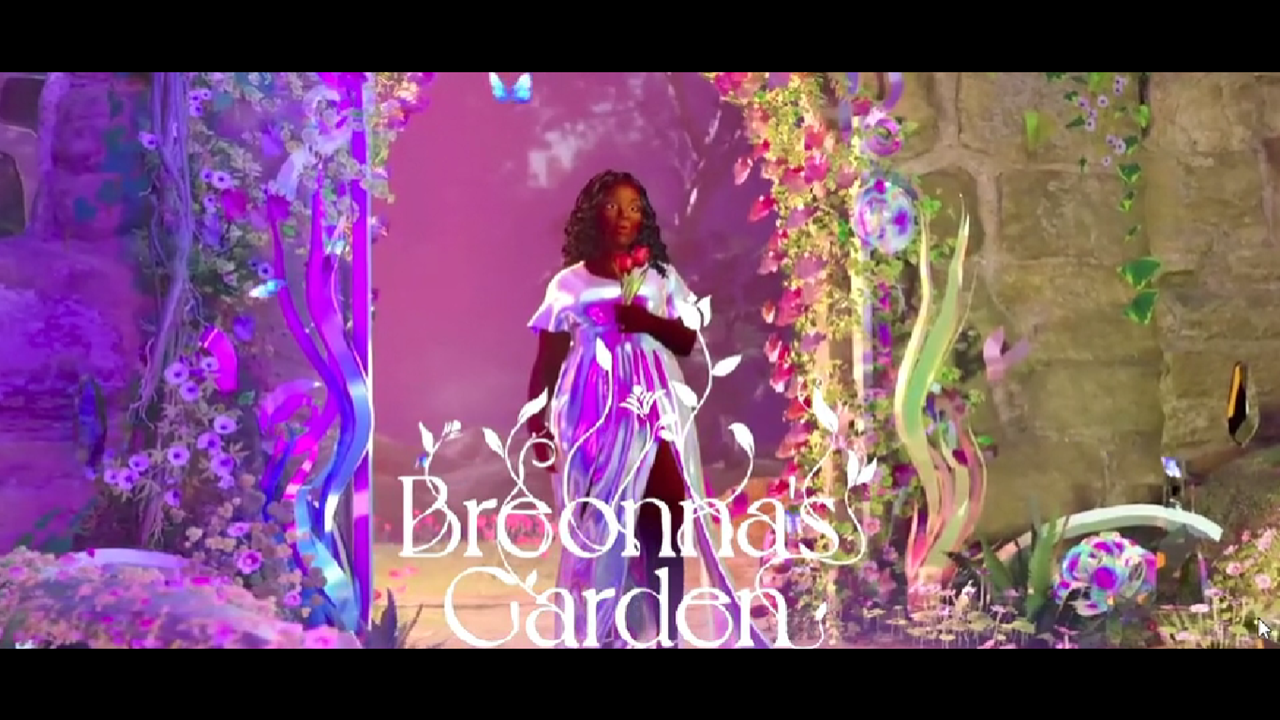
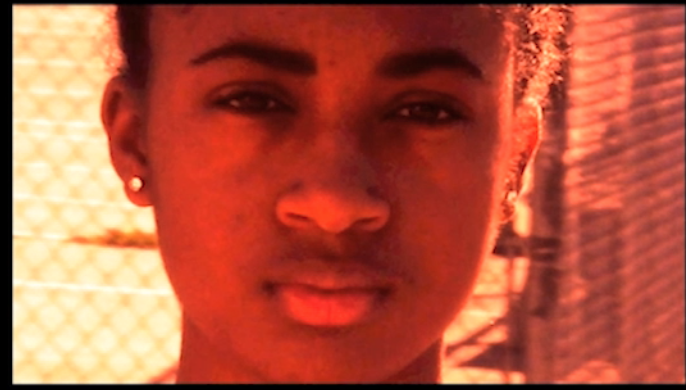
An expressionistic account of a devastating historical event by emerging filmmaker Gabrielle Gorman.
Emerging Filmmakers Discussion Questions
1. How do these films look back at history and also tell us about the African American experience today?
2. How do each filmmaker's personal beliefs and individual styles influence the content of each film?
3. How does racism still exist today?
Learn about Byran Stevenson and the Equal Justice Initiative.
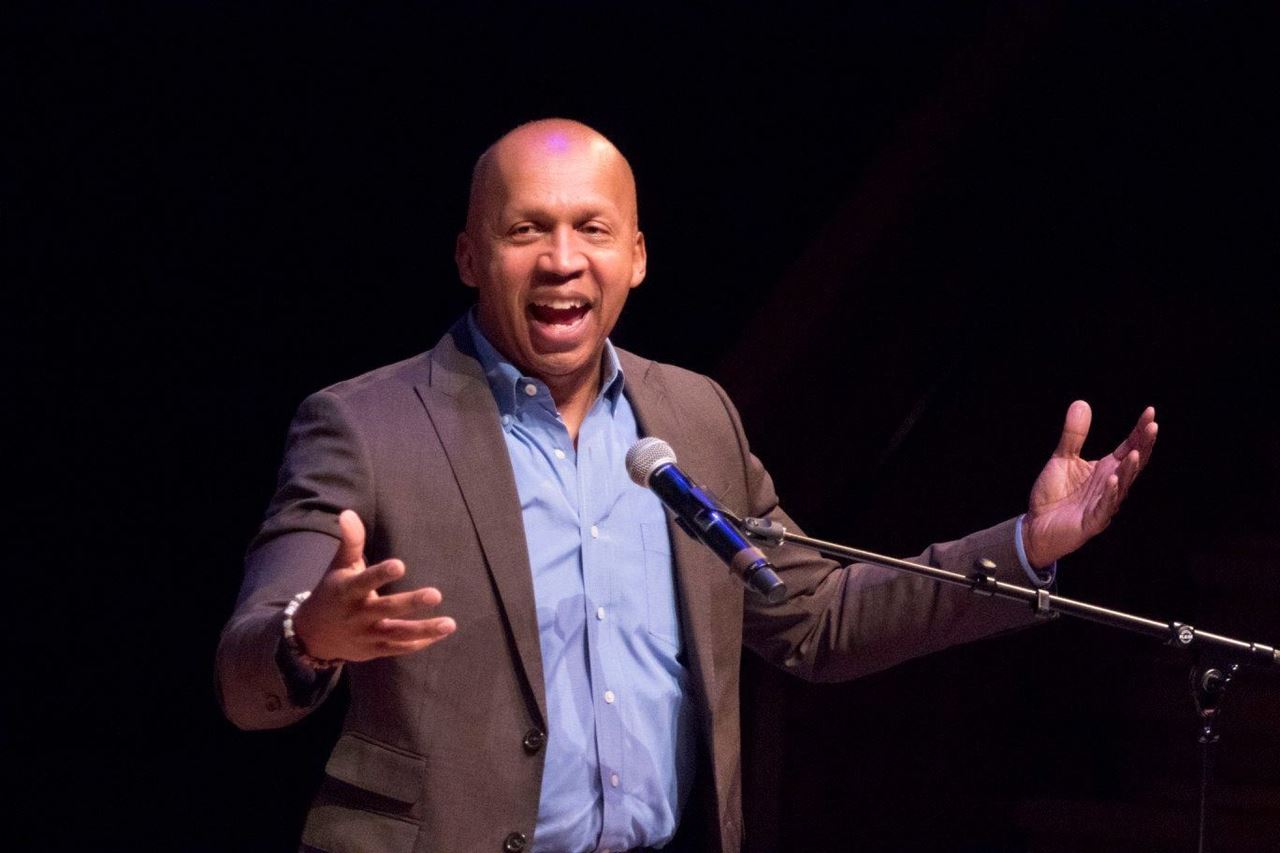
Bryan Stevenson has been recognized across the globe for the work that he has done to address poverty and racial inequality.
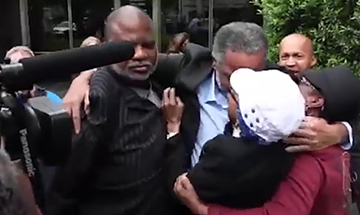
Bryan Stevenson and Equal Justice Initiative litigate cases for the unjustly imprisoned and work to reform the justice system.
Amanda Gorman made history as America's First Youth Poet Laureate and read her poem "The Hill We Climb" at Joe Biden's Presidential Inauguration.
Learn more about Amanda Gorman by reading this story by Shannon Luders-Manuel.
Listen to Amanda Gorman reciting "The Hill We Climb". Scroll down to external links to find a lesson plan by PBS for "The Hill We Climb".
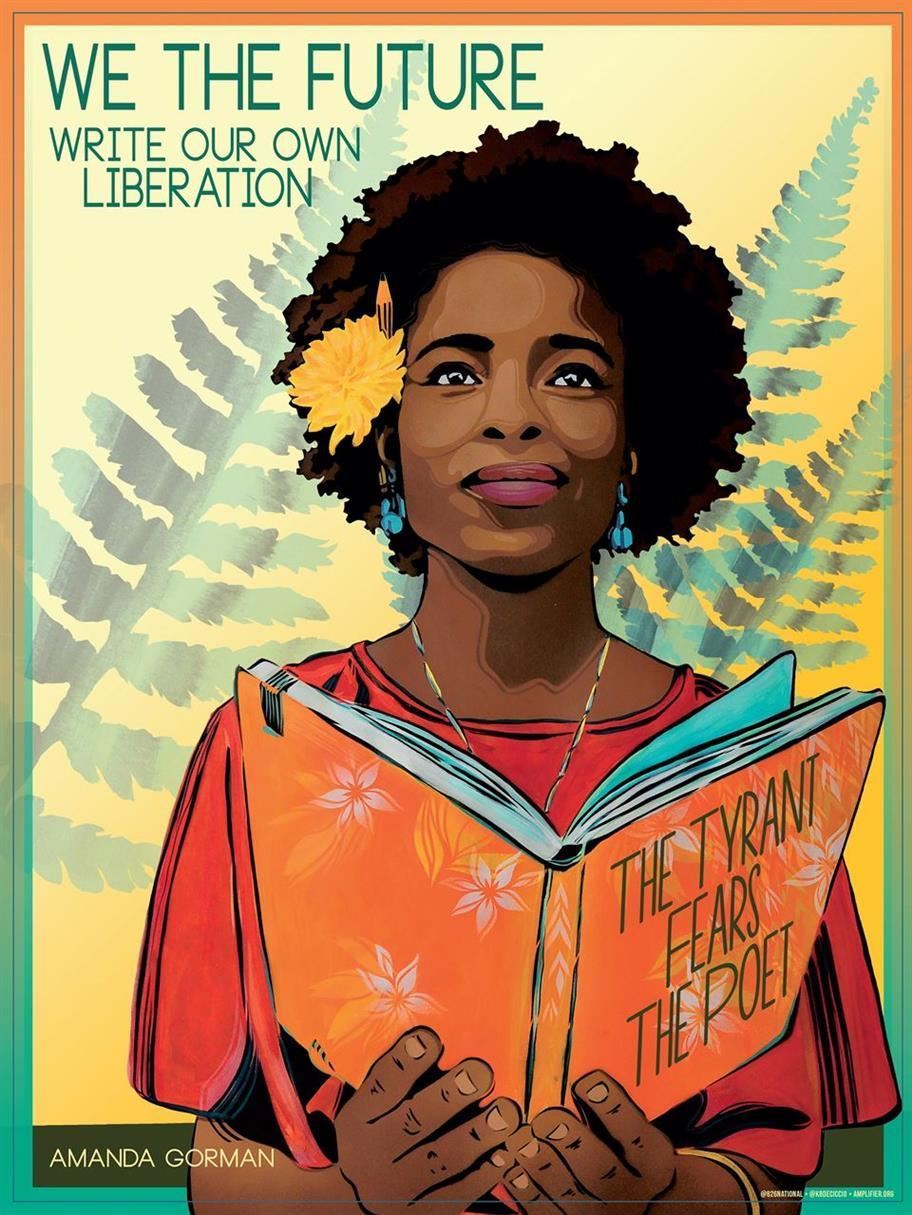
Audio of The Hill We Climb "For there was always light. If only we're brave enough to see it. If only we're brave enough to be it."
Black Lives Matter: Students learn about the Black Lives Matter Movement through art.
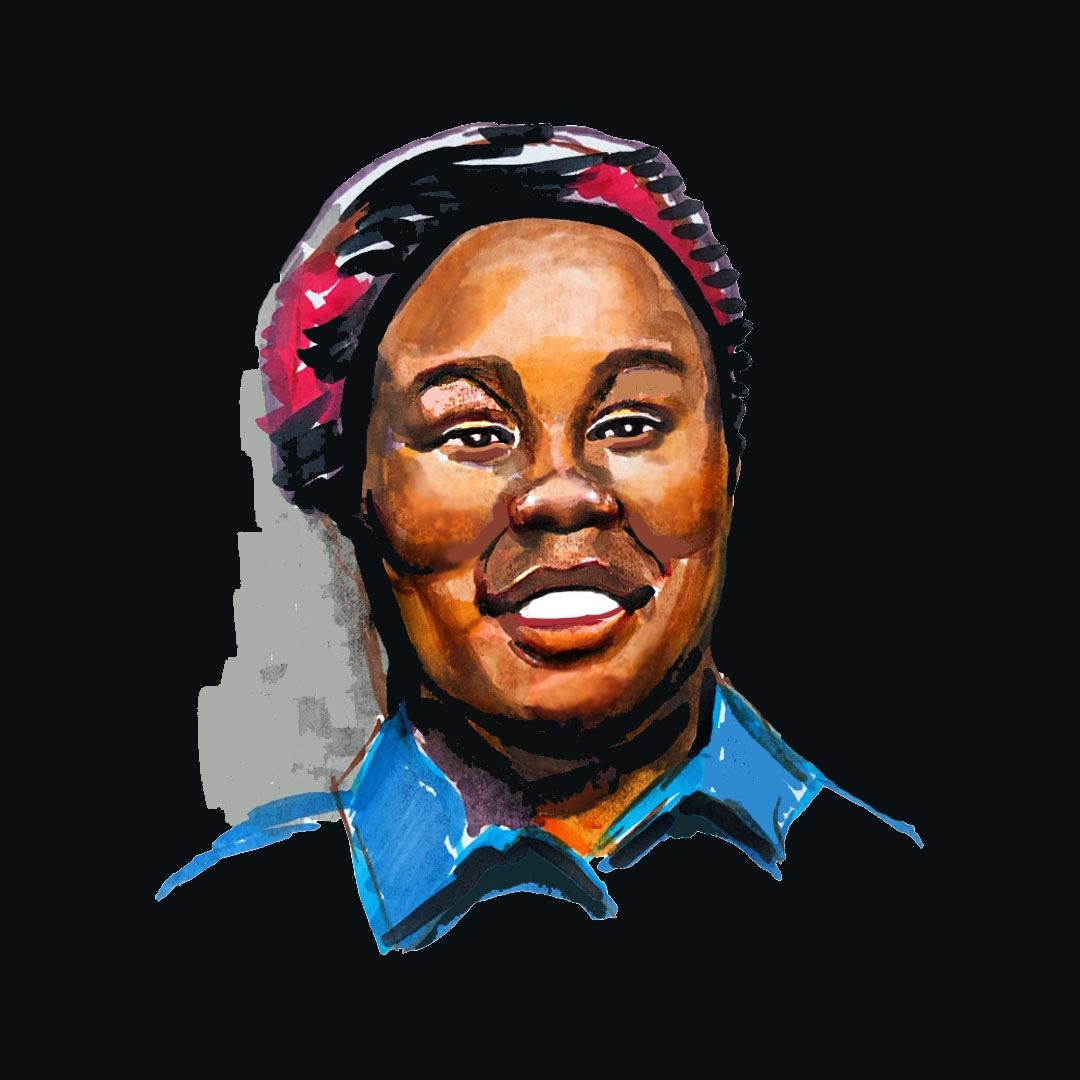
Historian Carter Woodson - Known as the Father of Black History Month
The historian Carter Woodson is known as the "Father of Black History Month." In 1926, he established Negro History Week. He chose the second week of February to coincide with the birthdays of Frederick Douglass and Abraham Lincoln. Half a century later, this observance evolved into Black History Month, which we celebrate the entire month of February.
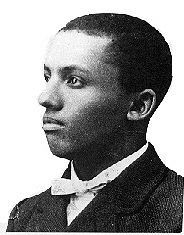
Carter Woodson, "Father of Black History Month," founded the Association for the Study of African American Life and History because the contributions of African Americans "were overlooked and ignored.
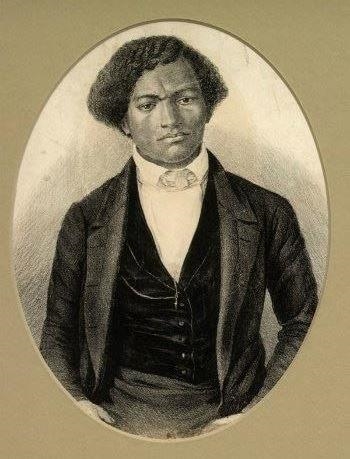
Frederick Douglass understood the power of stories. He wrote several autobiographies through his life, from slavery to statesman. He was a powerful advocate for the Abolitionist and Suffragist movement, and famous orator and writer.
Carter Woodson started the Association for the Study of African American Life and History because he felt the contributions of African Americans were "overlooked, ignored, and even suppressed by the writers of history textbooks and the teachers who use them."
In light of Woodson's quote, why do you think Frederick Douglass wrote multiple autobiographies? What might have happened if he did not write down his life story?
W.E.B. Dubois and Katherine Johnson
Students read the stories about W.E.B. Dubois and Katherine Johnson and watch the middle school-produced film, Katherine Johnson, the Human-Computer. Then consider the discussion questions.
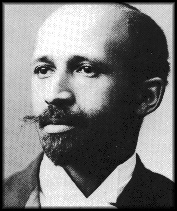
Martin Luther King, Jr. said "history cannot ignore W.E.B. Dubois." Dubois was a leading 20th century writer and scholar who laid the intellectual foundations of African American literature and civil rights movement.
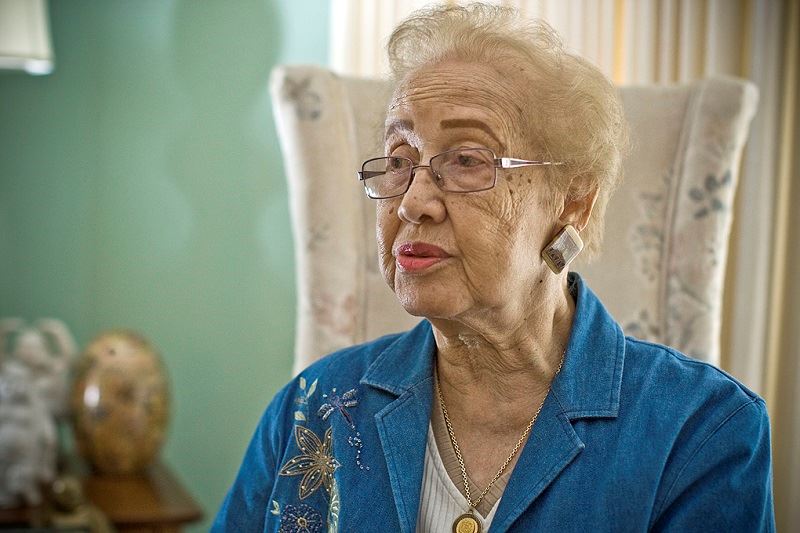
Her story was hidden for decades: Katherine Johnson plotted multiple flight courses for NASA, including the Apollo 11 spacecraft, the first spaceship to reach the moon. This story is available in text with audio.
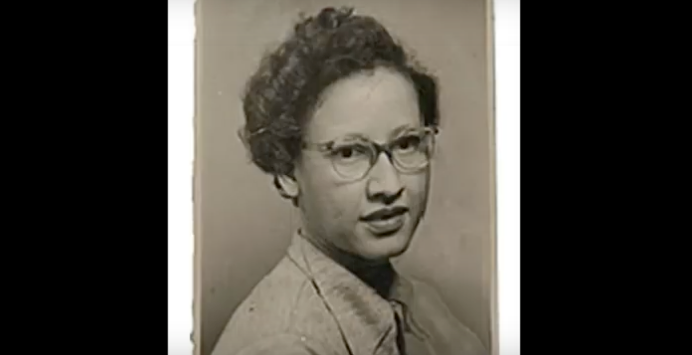
1. Woodson thought the contributions of African Americans were overlooked, ignored, and even suppressed by the writers of history textbooks and the teachers who used them. How does Woodson's quote relate to the story of Katherine Johnson, and the title of the movie about her, Hidden Figures?
2. Martin Luther King, Jr. said "history cannot ignore W.E.B. Dubois." Based on your reading of the story, what do you think King meant by his statement? Why is what he said true or not true?
3. What can we do today to keep stories from being overlooked, ignored or suppressed?
Additional stories of black heroes in history across disciplines
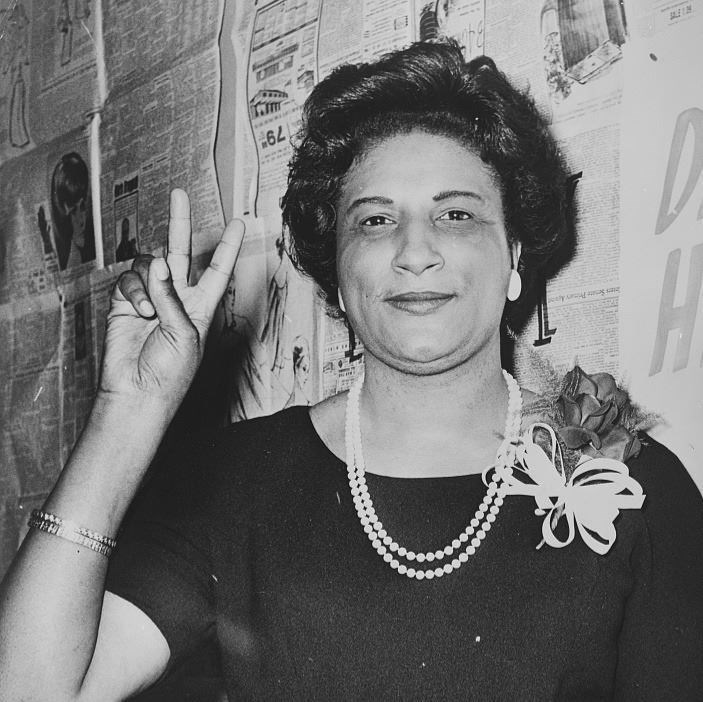
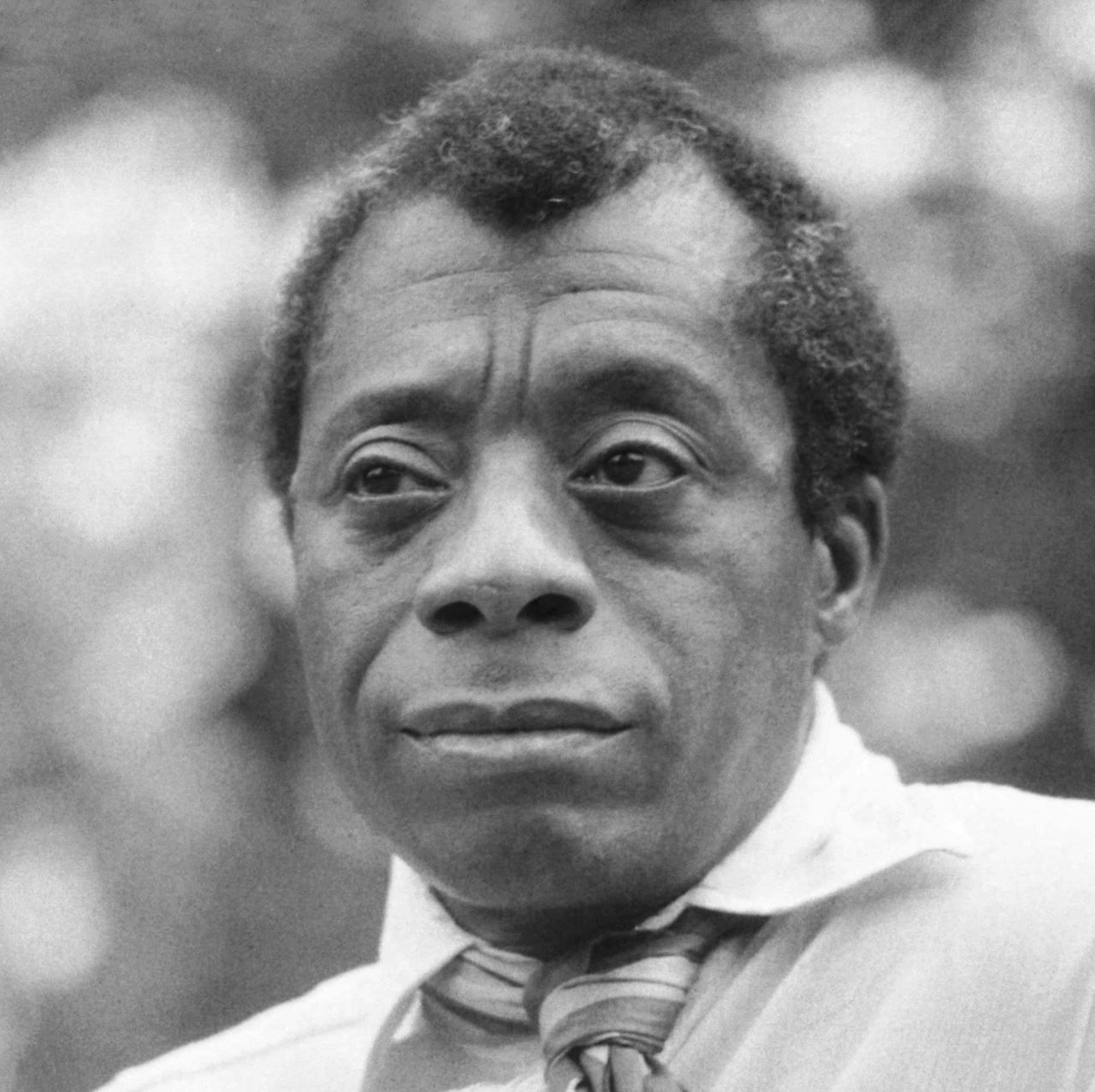
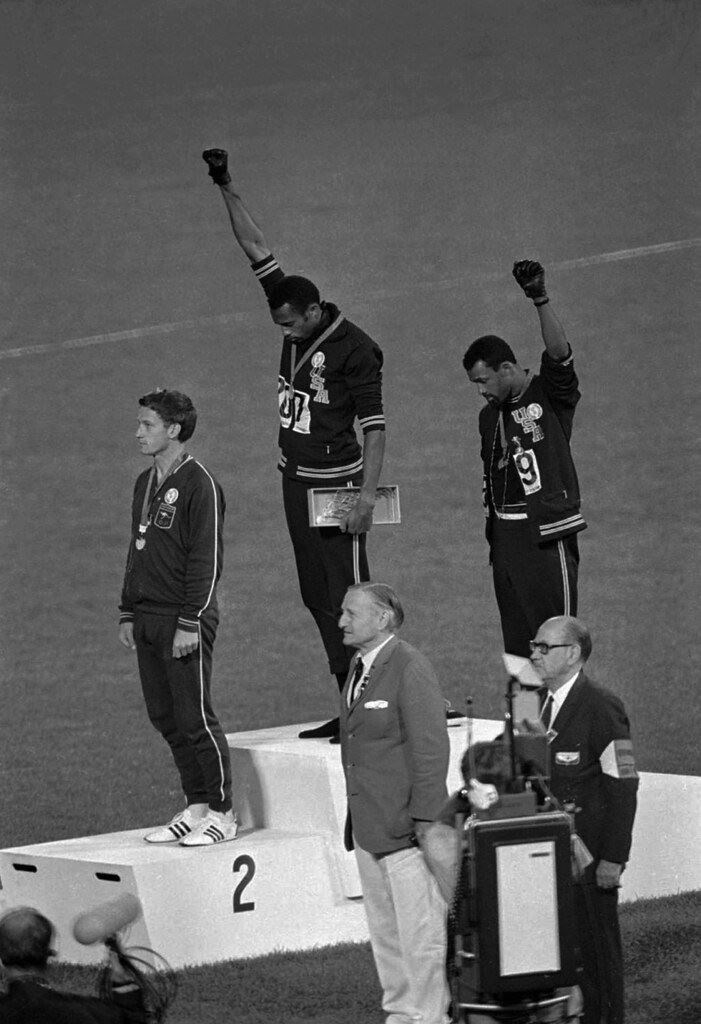
MY HERO Black History Month Resources to Enrich Learning
Click on the following thumbnails for curated stories, art and films on Civil Rights Heroes and World Leaders; Heroes in Art, Music & Literature; Sports Heroes; and Science Heroes, as we celebrate Black History Month.
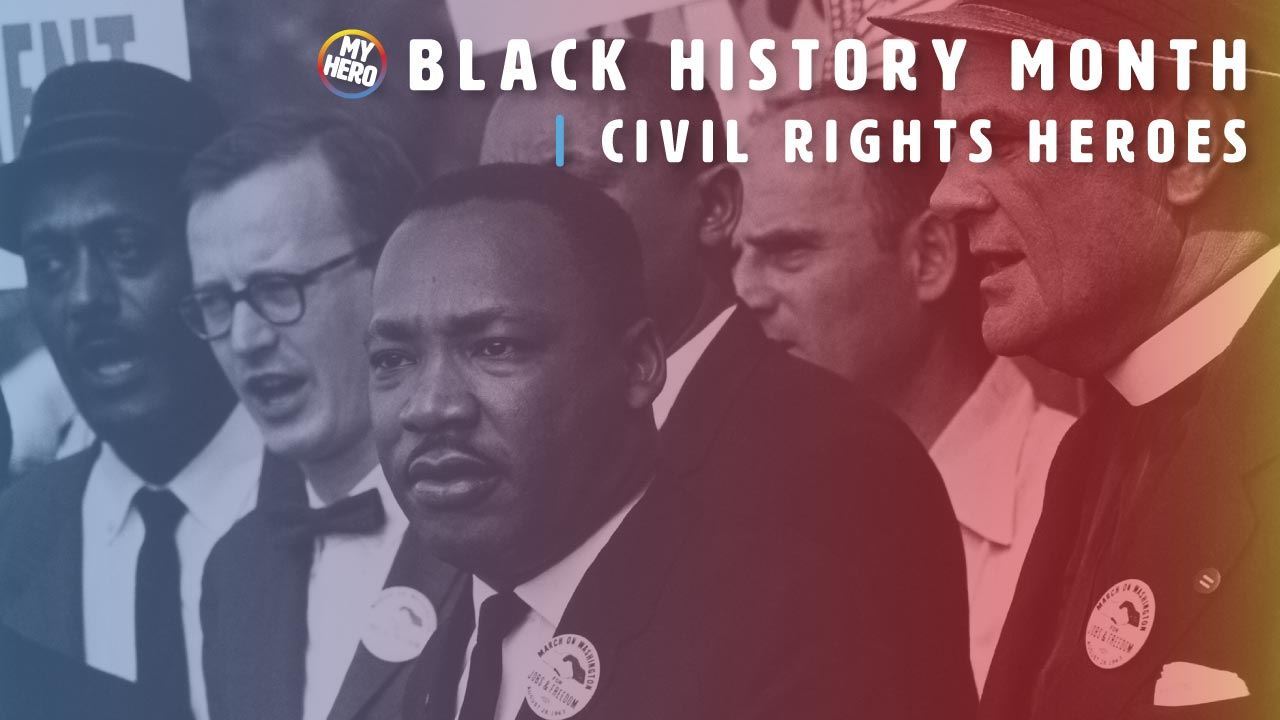
MY HERO Celebrates Black History Month. Be Inspired by African American Civil Rights Heroes and World Leaders.
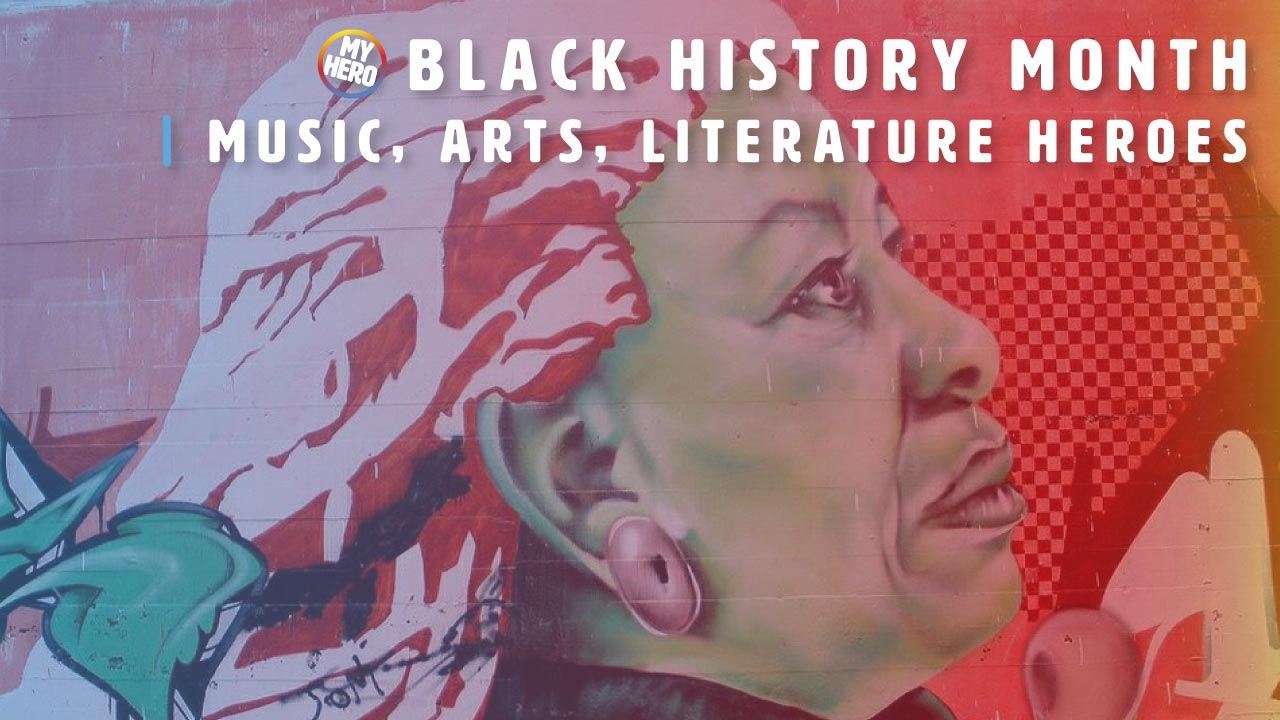
MY HERO Celebrates Black History Month. Learn about Heroes in Music, Art, and Literature
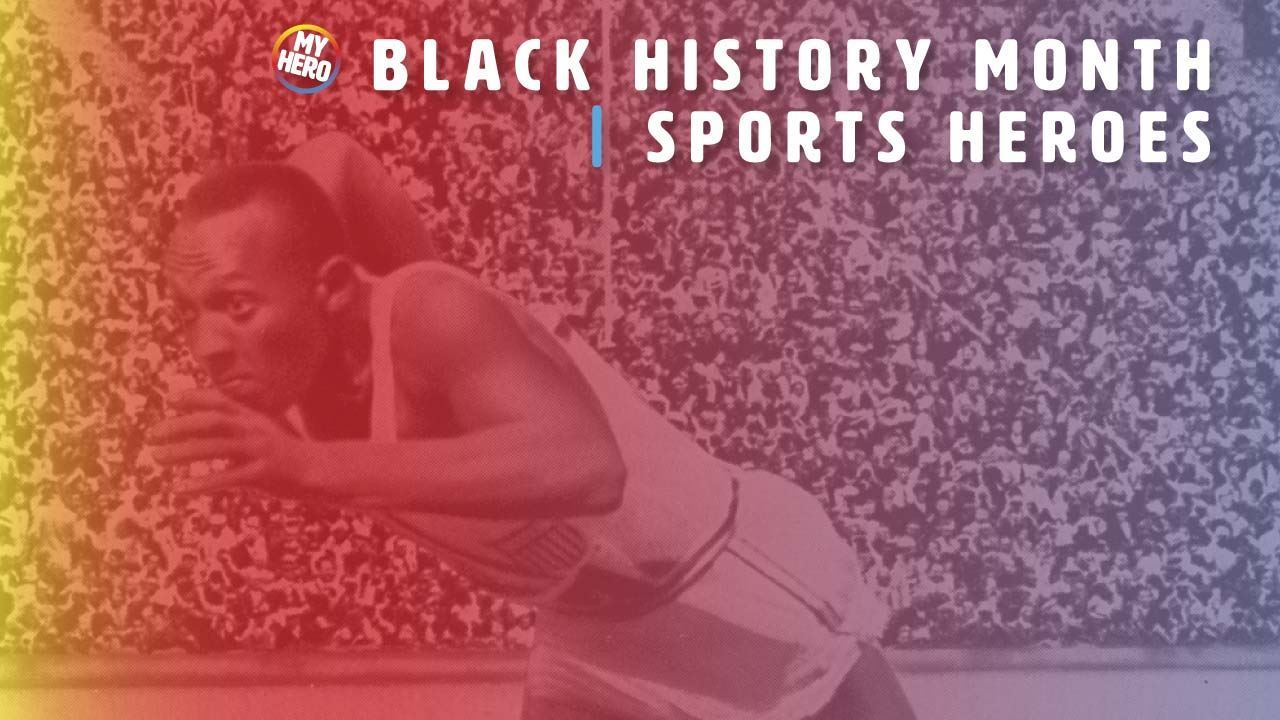
MY HERO Celebrates Black History Month. Get inspired by African American Heroes in Sports.
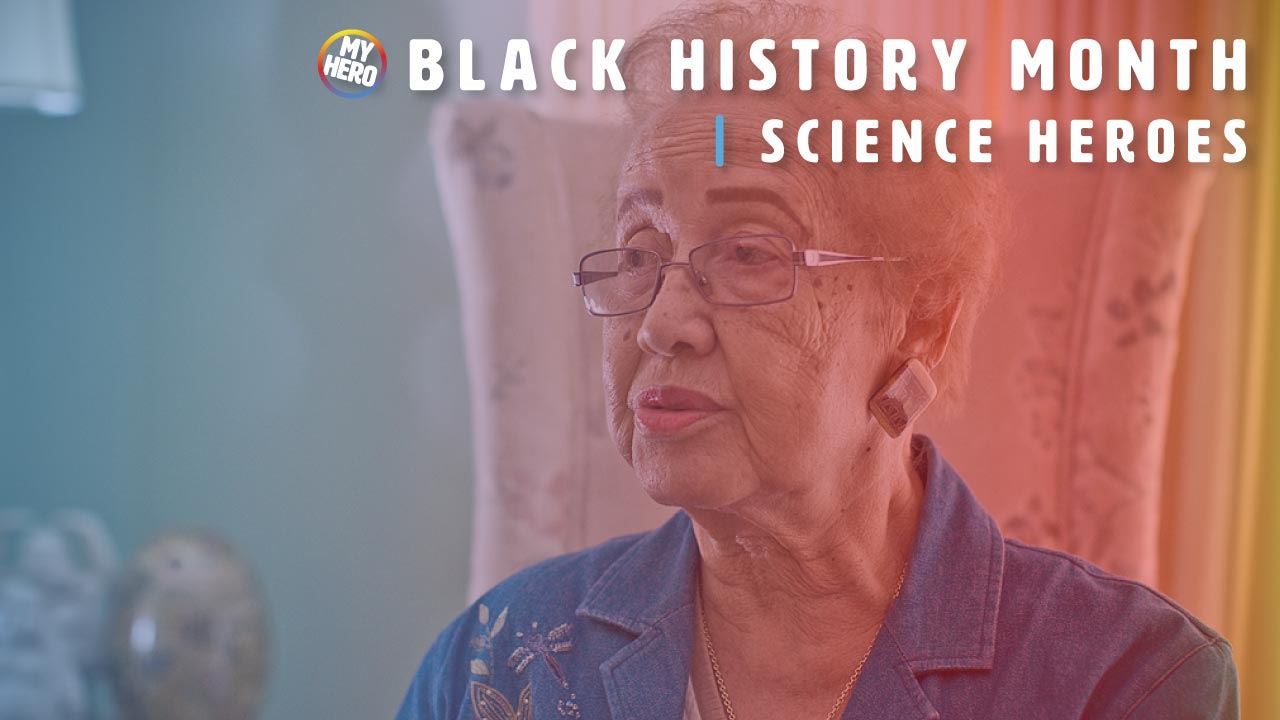
MY HERO Celebrates Black History with this feature on African American Heroes in the Sciences
Black Lives Matter - Voices for Hope and Change Resource Showcase
External Links
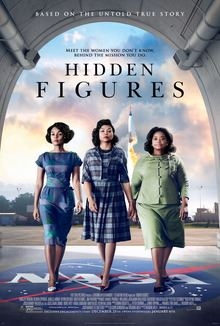
From USA Today: celebrate Black History Month by watching these movies that depict the lives of African-American heroes and the ongoing quest for greater human decency.

Timeline of Black History from Infoplease
Mission: "Infoplease is a reference and learning site, combining the contents of an encyclopedia, a dictionary, an atlas and several almanacs loaded with statistics, facts, and historical records. The content is written and edited by professional editors, and the site has received numerous awards and accolades since launch. Parents, teachers and librarians turn to Infoplease for information on an array of topics, including current events, pop culture, science, government and history. "
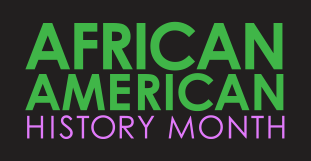
Official Website | African American History Month
A joint tribute from The Library of Congress, National Archives and Records Administration, National Endowment for the Humanities, National Gallery of Art, National Park Service, Smithsonian Institution and United States Holocaust Memorial Museum to the generations of African Americans who struggled with adversity to achieve full citizenship in American society.
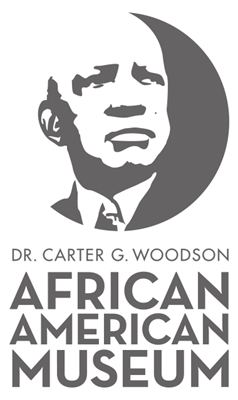
Dr. Carter G. Woodson African American Museum
Mission: "(1) To preserve, present, and interpret African American history and to engage a broad and diverse audience through these activities. (2) To promote an understanding among various groups that comprise the St. Petersburg community to enhance our ability as a society to respect, value diversity, and foster equal rights and social justice."
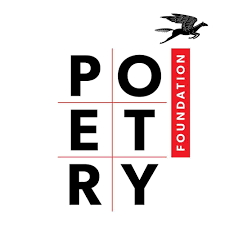
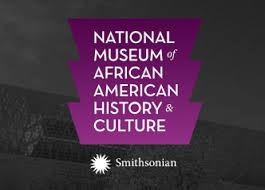
National Museum of African American History and Culture
The National Museum of African American History and Culture opened Sept. 24, 2016, on the National Mall in Washington, D.C. Occupying a prominent 5-acre location next to the Washington Monument, the nearly 400,000-square-foot museum is the nation’s largest and most comprehensive cultural destination devoted exclusively to exploring, documenting and showcasing the African American story and its impact on American and world history.
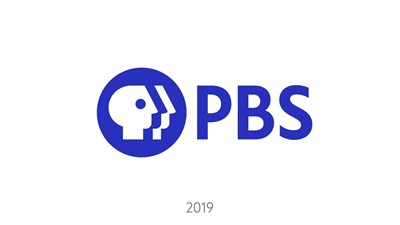
PBS - 10 Little Known Black History Facts
America’s Largest Classroom
As America’s largest classroom, PBS is available to all of America’s children – including those who can’t attend preschool – and offers educational media that help prepare children for success in school. PBS is committed to bringing the power of media into the classroom - helping educators to engage students in new and different ways.
|
|
The Black History lesson plan was created by MY HERO Education Outreach Director Laura Nietzer. |
Even More MY HERO Resources to Use in the Classroom
Organizer created on 2/2/2023 12:48:17 PM by Laura Nietzer
Last edited 2/2/2023 1:13:32 PM by Laura Nietzer